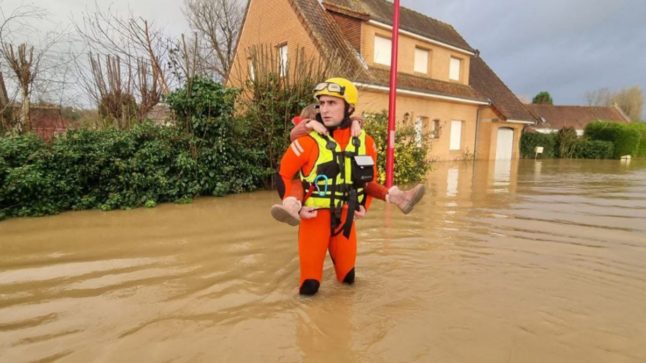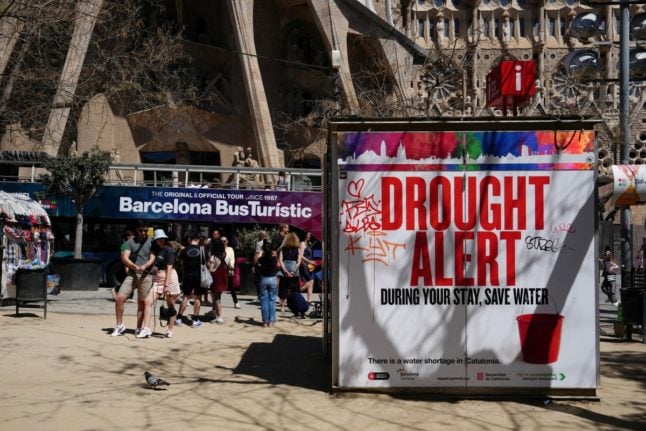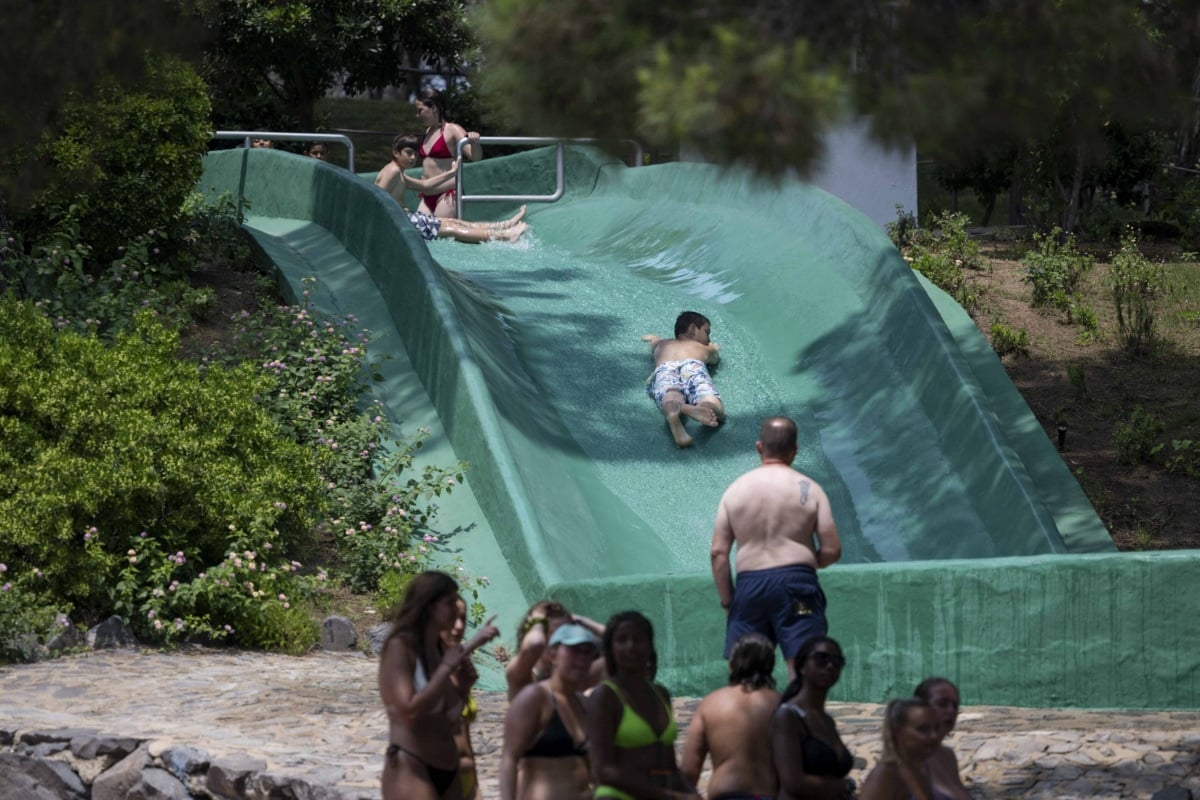EU countries need to step up preparedness for global warming after 2023 burned its way into history books as the hottest year on record, European Commission officials said this week.
“Europe is the fastest warming continent since the 1980s — the warming here was about twice the global rate,” commission vice president Maros Sefcovic said.
He cited a first European climate risk assessment published Monday that said EU GDP could be reduced by around seven percent by the end of the century because of climate consequences.
Speaking at a news conference in Strasbourg, where the European Parliament was holding a plenary session, Sefcovic and EU climate commissioner Wopke Hoekstra presented a document giving recommendations to EU member countries for action to take.
They included better cooperation; boosting data sharing for monitoring and to give businesses and policymakers better information to respond; using EU mechanisms for improved planning for civil protection and for critical infrastructure; and making budgeting for climate emergencies a mainstay.
Hoekstra pointed to recent disasters in the EU — wildfires in Greece, flooding in Slovenia and a storm in Scandinavia — to underline the urgency.
“These climate risks are claiming more and more lives and challenging our prosperity and economic competitiveness all across Europe,” he said.
“We need to prepare for a temperature rise of… at least three degrees (Celsius) in Europe — even if we manage to limit the temperature rise to 1.5 degrees globally.”
Both officials stressed that the European Union was already addressing climate change through its Green Deal policies aiming for a carbon-neutral future in 2050.
Moves include cutting fossil fuel use, boosting renewables and readying the bloc’s population of 450 million for transport and energy changes.
On top of that, Sefcovic said, “we will be very much focusing on how to use our climate, diplomacy and outreach to all the countries in need of… help and assistance and technology-sharing… but also to the biggest polluters who could do more”.
“We are getting a lot of signals, too, that we need to act now. We are doing so and will be very active in convincing our partners across the globe to follow our example,” he said.




 Please whitelist us to continue reading.
Please whitelist us to continue reading.
Member comments